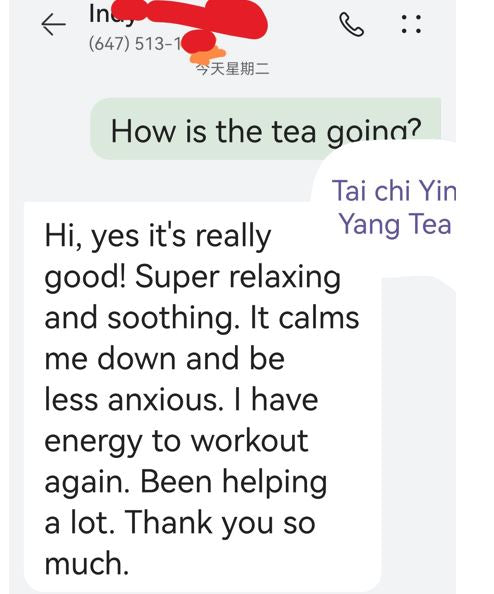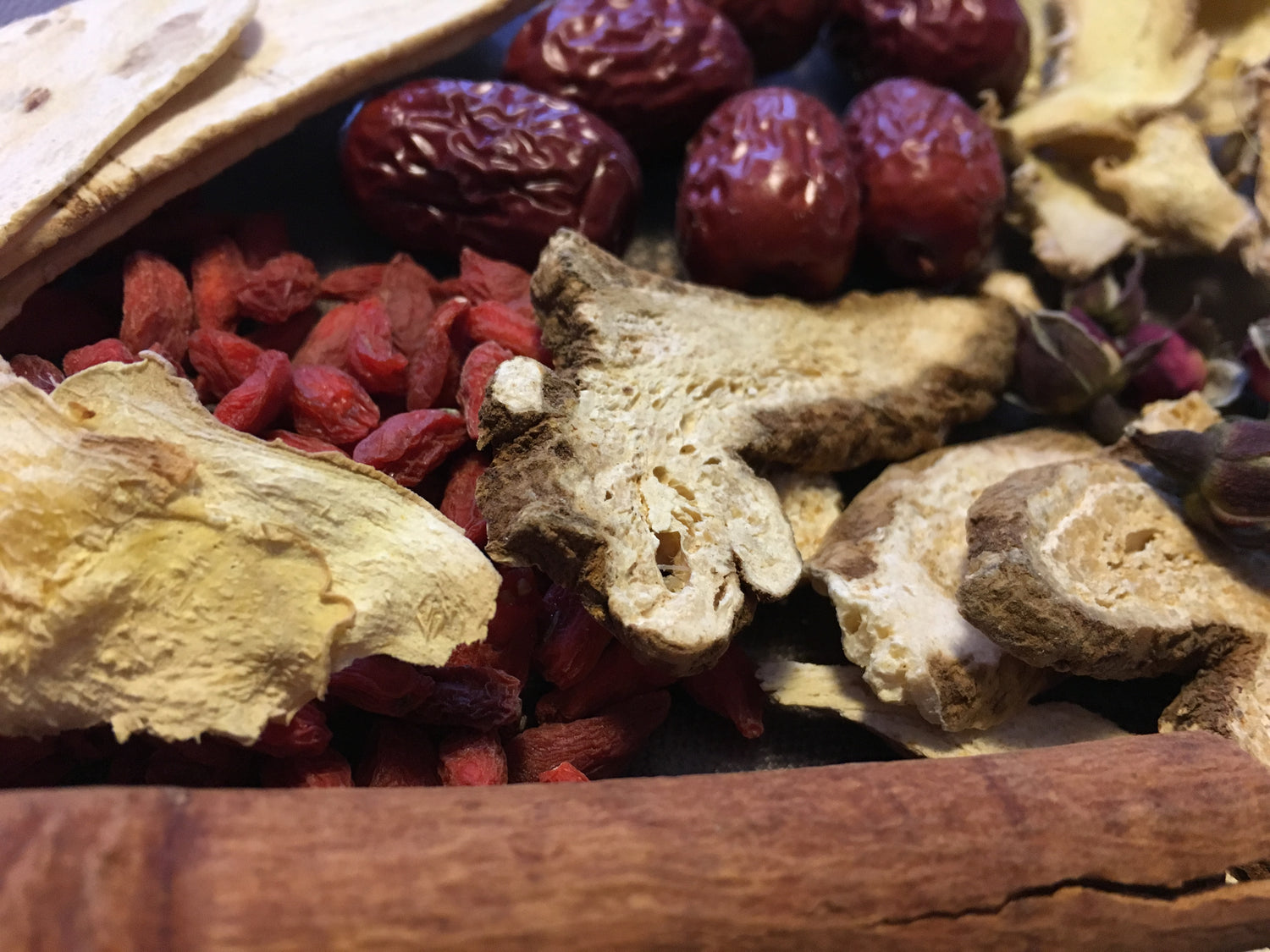Good Herbal Store
Fucoidan
Couldn't load pickup availability
Sagee Fucoidan
60 Capsule(s)
Medicinal Ingredients (per dose unit)
Fucoidan (Fucoidan, Fucus vesiculosus – Whole) …………………….. 250 Milligrams
Recommended Use
Provides antioxidant that helps reduce the oxidative damage caused by free radicals.
Recommended Dose
Adults : 1 Capsule(s) 1 time(s) per day
Studies on Fucoidan on cancer
https://www.ncbi.nlm.nih.gov/pmc/articles/PMC4413214/
FUCOIDAN AND CANCER: A MULTIFUNCTIONAL MOLECULE WITH ANTI-TUMOR POTENTIAL
ABSTRACT
There is a wide variety of cancer types yet, all share some common cellular and molecular behaviors. Most of the chemotherapeutic agents used in cancer treatment are designed to target common deregulated mechanisms within cancer cells. Many healthy tissues are also affected by the cytotoxic effects of these chemical agents. Fucoidan, a natural component of brown seaweed, has anti-cancer activity against various cancer types by targeting key apoptotic molecules. It also has beneficial effects as it can protect against toxicity associated with chemotherapeutic agents and radiation. Thus the synergistic effect of fucoidan with current anti-cancer agents is of considerable interest. This review discusses the mechanisms by which fucoidan retards tumor development, eradicates tumor cells and synergizes with anti-cancer chemotherapeutic agents. Challenges to the development of fucoidan as an anti-cancer agent will also be discussed.
1. INTRODUCTION TO CANCER
Cancers are multifactorial diseases of various etiologies. They arise largely as a result of acquired genetic changes that alter cell function leading neoplastic cells to gain survival or growth advantages [1]. For cancer cells to survive, the generation of new blood vessels (angiogenesis) is required. Cancer leads to death mostly through tumor cell spread to distal organs (metastasis). Various pathways are disrupted in tumor development, which result from unbalanced programmed cell death, disordered signaling pathways, angiogenesis and poor immune response against cancer. Most of the chemotherapeutic agents used in cancer treatment target these major deregulated pathways. Unfortunately, as many of these therapies cause severe side effects, the toxicities limit the dose and thus the efficacy of treatment. Therefore, there is strong interest in developing better-tolerated anti-cancer agents.
2. A ROLE FOR NATURAL PRODUCTS FOR CANCER TREATMENT
Chemotherapy has been a cornerstone of the standard cancer treatment regimens since the 1960s. A variety of chemicals ranging from traditional agents such as methotrexate and folic acid analogues to novel chemicals such as anthracyclines have been used in cancer treatment [2]. Despite promising tumor growth-inhibitory effects in pre-clinical tests, many fail in clinical trials when adverse unexpected side effects are revealed. Traditionally anti-cancer chemotherapy targets rapidly dividing and proliferating cells. Therefore, normal cells which have high-proliferating potential are also affected.
Novel therapeutic agents are designed to target specific molecules (targeted therapy). However, these targeted therapies are not always completely free of side effects either. For instance, vemurafenib, a B-Raf enzyme inhibitor, is specific for oncogenic mutant V600E B-Raf positive melanoma cells. This drug was the first targeted molecular therapy, which was approved for use in advanced stages of melanoma. Although vemurafenib has shown significant beneficial anti-cancer effects, several studies have reported the rapid emergence of acquired resistance and adverse dermatological effects. It also stimulates B-Raf expression in V600E B-Raf negative patients promoting melanoma growth [3,4]. Monoclonal antibodies are another example of targeted therapy and are designed to specifically target the cancer antigens located on tumor cells. Monoclonal antibodies are generally safer than chemotherapy and the side effects caused by them include mild allergic reactions such as urticaria. But they can also cause severe reactions such as infusion reactions and serum sickness. As an example, rituximab (anti-CD20), which is widely used in treating B-cell lymphoma, generally causes only mild toxicities, however, reports have described occasional cases with severe complications such as anaphylactic reactions and myocardial infarction as well as high risk of tumor lysis syndrome in patients who have a high burden of tumor cells in their circulation [5].
Concerns over toxicity, tumor cell resistance and development of secondary cancers from chemotherapeutic chemicals have generated interest in exploiting natural products for cancer treatment. Flavopiridol is a flavonoid derived from the indigenous Indian plant Dysoxylum binectariferum, which inhibits cell cycle progression. It is the first cyclin-dependent kinase (CDK) inhibitor to be approved for use in clinical trials [6]. Natural products are also being tested as adjuvants for use in synergy with chemotherapeutic agents. For example those with immunomodulatory effects can reduce immune suppression and the associated increased risk of infection. In George et al. [7] study, Indukantha Ghritha (IG), a polyherbal preparation consisting of 17 plant components, was used as an adjuvant to cyclophosphamide cancer chemotherapy and shown to stimulate the hematopoietic system and induce leukopoiesis in tumor-bearing mice. When administrated in combination with cyclophosphamide, it reversed myelosuppression induced by cyclophosphamide suggesting its potential to minimize or reverse chemotherapy-induced leukopenia.
Polysaccharides include a large family of diverse biopolymers. They are constituted by monosaccharide residues linked together by O-glycosidic bonds that are found in natural and semi-synthetic structures [8]. Due to structural diversity, polysaccharides display the highest biological properties among macromolecules. Many natural polysaccharides obtained from natural sources such as plants and algae have anti-cancer properties. The multifunctional structure of natural polysaccharides also allows them to be used in conjugation with anti-cancer agents that lack physiochemical and biopharmaceutical properties [8,9].
3. FUCOIDAN
Fucoidan is a natural sulfated polysaccharide that exists mainly in the cell wall matrix of various species of brown seaweed such as mozuku, kombu, limumoui, bladderwrack and wakame [10]. Various forms of fucoidan have also been recognized in some marine invertebrates such as sea urchins [11] and sea cucumbers [12]. The brown seaweeds containing fucoidan are widely consumed as part of the normal diet in East Asia, particularly Japan, China and Korea.
3.1. FUCOIDAN’S ANTI-CANCER POTENTIAL
The anti-cancer property of fucoidan has been demonstrated in vivo and in vitro in different types of cancers. Nevertheless, it has been rarely investigated for its anti-cancer properties in clinical trials. Fucoidan mediates its activity through various mechanisms such as induction of cell cycle arrest, apoptosis and immune system activation. Additional activities of fucoidan have been reported that may be linked to the observed anti-cancer properties and these include induction of inflammation through immune system, oxidative stress and stem cell mobilization. These activities have been reviewed by Kwak [13].
3.1.1. FUCOIDAN AND CELL CYCLE
Fucoidan treatment results in sub G0/G1 cell accumulation (suggestive of dead cells/apoptotic cells) in a variety of cell types [14,15]. It can also induce cell cycle arrest in other phases; Riou et al. [16] and Moureaet al. [17] reported arrest in G1 phase in a chemo-resistant non-small-cell bronchopulmonary carcinoma line by fucoidan from Ascophyllum nodosum and Bifurcaria bifurcate, respectively.
In an investigation of the mechanism of the action, fucoidan demonstrated significant down regulation of cyclin D1, cyclin D2 and CDK4 in cancer cells [18,19,20]. The crude fucoidan from Fucus vesiculosusincreased the level of p21/WAF1/CIP1 in PC3 cells and down-regulated E2F; a transcription factor that controls progression of cells from G1 to S phase [18].
In a recent study, fucoidan down-regulated cyclin E, CDK2, CDK4 resulting in G0/G1 arrest in human bladder cancer 5637 cells. Furthermore, immunoprecipitation assays revealed a significant increase in the binding of p21/WAF1/CIP1 to CDK2 and CDK4 in cells treated with fucoidan, suggesting that the induced G0/G1 arrest is due to suppression of CDK activity following direct binding of this CDK inhibitor to CDKs 2 and 4 [28]. Table 1summarizes findings of studies examining the effects of fucoidan on cell cycle.
Ingredients
Ingredients
Nutritional info
Nutritional info
Shipping
Shipping
Share


Tai Chi Yin Yang Tea - our anchored product
Promote better sleeping, reduce stress and pressure, good for anxiety, depression or other mental distress, including youth mental issues, also good for memory loss or dementia- view one typical client feedback--

Image banner
Blog posts
-
Welcome to Our Holistic Health blogs!
We focus on your holistic wellness! All health information will be posted here soon - please stay tuned.
Welcome to Our Holistic Health blogs!
We focus on your holistic wellness! All health information will be posted here soon - please stay tuned.
Subscribe to our emails
Be the first to know about new collections and exclusive offers.
